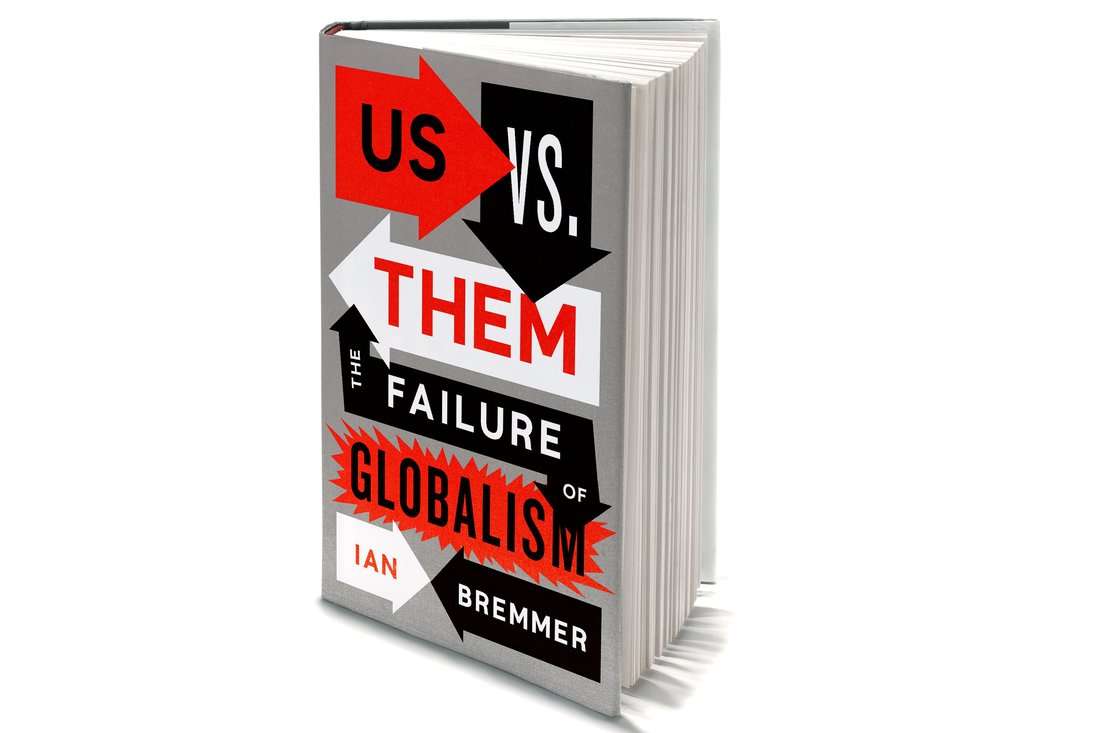
|
不論在哪個國家,工人都害怕丟掉工作和工資,老百姓擔心“非我族類,其心必異”,怕他們的國家變成了“各種顏色的皮膚,各種顏色的頭發”,他們還擔心暴恐分子會莫名其妙地殺人,擔心他們的政府不能或不愿保護他們。 這不,他們的呼聲被人聽到了。特朗普對狂喜的民眾表示,他會帶著國民回到那個美好的“應許之地”。一手導演了脫歐大戲的英國政客們也告訴選民,英國人必須拿回自己疆界的控制權,不再跟隨歐洲人制定的游戲規則起舞。意大利、波蘭和瑞典的民粹分子也承諾要保護愛國者免受“外面的人”的侵害。 這些領袖,或者這些致力成為領袖的人,都擁有一種劃分疆界的天賦。政治家們特別擅于搞對立,愛把世界劃分成“我們”和“他們”。他們知道,人員資金史無前例跨國流動著的當今社會,早已讓很多人感到了深深的焦慮和不安。 目前,民粹主義最有市場的地方仍是歐美國家,但更大的危機或許正在來臨。造成發達國家思潮動蕩的根源,如科技變革對勞動力市場的沖擊以及貧富差距加大等因素,已經蔓延到了廣大發展中國家,而這些發展中國家的政府和制度尚未做好相應的準備,因而他們在這波沖擊面前顯得尤為脆弱。這些發展中國家的貧富差距一般更大,而制度和社會安全網絡尚未建設完善。另外,他們也尚未做好應對自動化等技術創新的準備,面對舊職業的消亡和新職業的需求,政府能給予人民的幫助自然更少。 那么,各國政府應如何面對這一困局?有些國家選擇了“高筑墻”,將政府與人民、人民與人民隔絕起來,它們中既有真實的墻,也有虛擬的墻。但那些希望建立開放社會的政府則會順應時代發展,建立新的社會契約關系,重新定義如何做一個合格的全球公民。 |
Workers everywhere fear lost jobs and wages. Citizens fear surging waves of strangers who change the face and voice of the country they know. They also fear terrorists and criminals who kill for reasons no one can understand. They fear that the government cannot or will not protect them. Then, the call for help is answered. Donald Trump tells an excited crowd that he will take them (back) to the promised land. Champions of Brexit tell voters they must reclaim control of Britain’s borders and reject laws and rules forced on them by Europeans. Populists in Italy, Germany, Poland, and Sweden promise to protect patriots from outsiders. These leaders, and wannabe leaders, have a gift for drawing boundaries. They offer a compelling vision of separation, of a world that’s “us vs. them.” And they know that unprecedented cross-border flows of people and money have stoked anxiety to match. But while the pathos has been concentrated in the U.S. and Europe so far, there’s a larger crisis coming. The storms creating turmoil in wealthy countries—including technological change in the workplace and rising income inequality—are now crossing into the developing world, where governments and institutions aren’t ready. These countries are especially vulnerable. They face an even bigger gap between rich and poor, and their institutions and social safety nets aren’t as strong. They’re less prepared for innovations like automation that will make it harder for governments to help people prepare for the loss of familiar jobs and the demands of future ones. How will governments respond? Some will build walls—actual and virtual—that separate people from one another and government from citizens. But those still hoping to build open societies will also adapt, remaking existing social contracts and redefining what it means to be a good global citizen. |

|
歐亞集團創始人伊恩·布雷默的新書《我們vs他們:全球主義的失敗》即將上架發售。(財富中文網) 本文原載于2018年5月1日刊的《財富》雜志。 譯者:樸成奎 |
Ian Bremmer is the founder of Eurasia Group. His new book is Us vs. Them: The Failure of Globalism. This article originally appeared in the May 1, 2018 issue of Fortune. |






